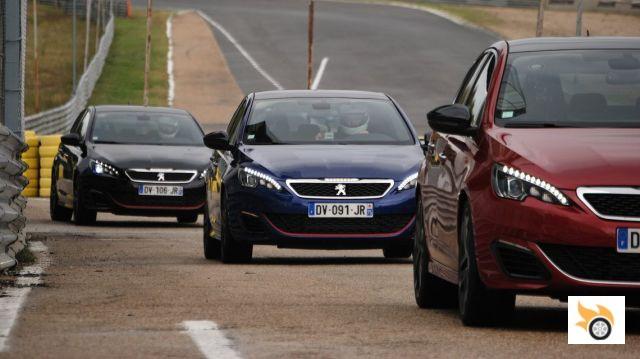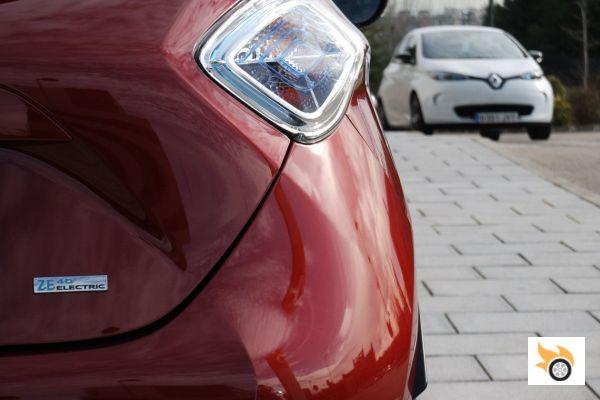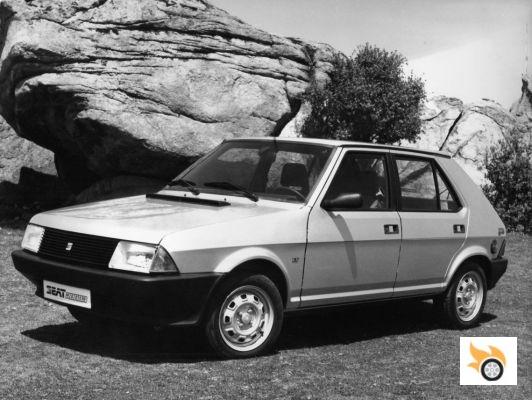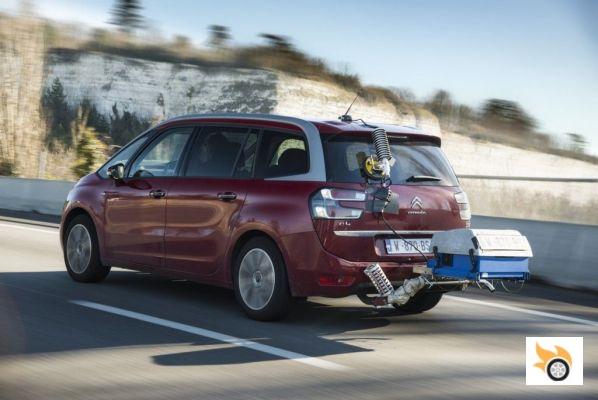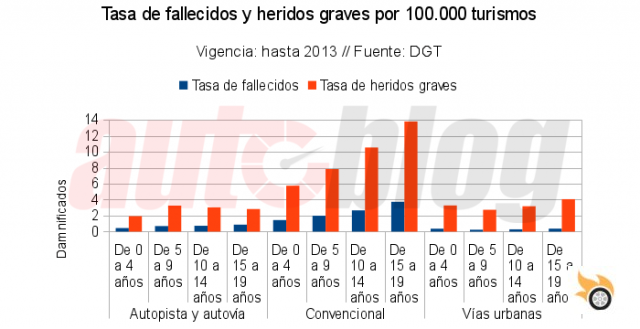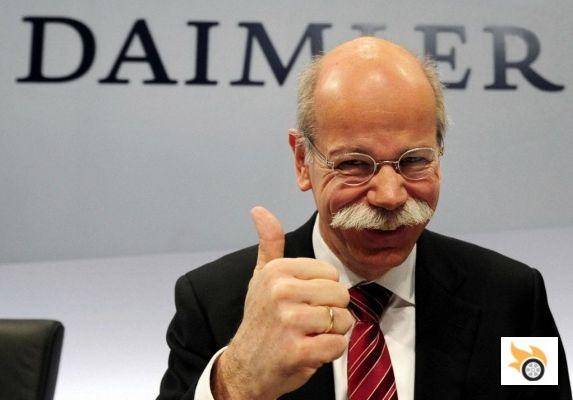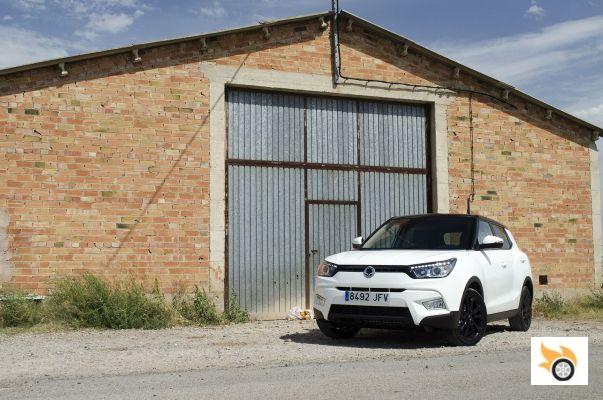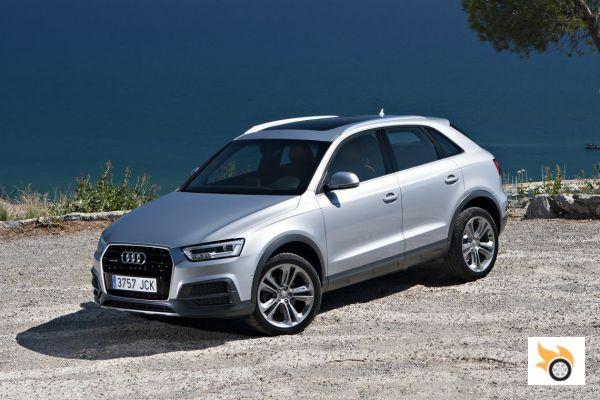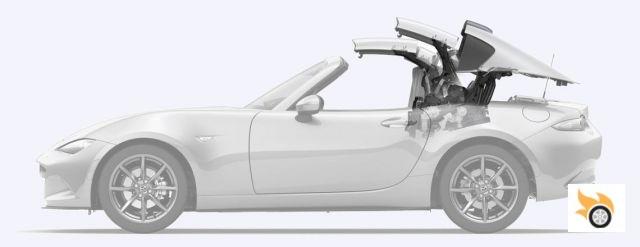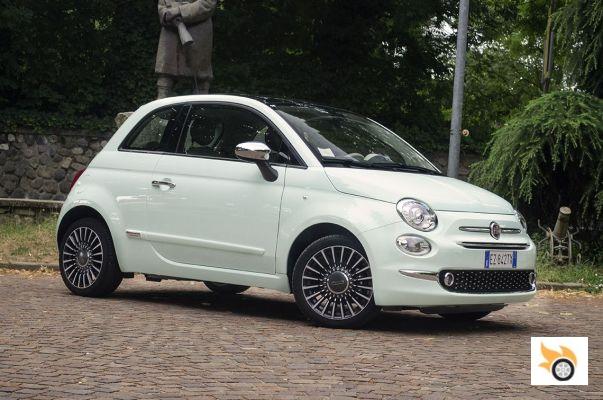On my way back home, with a bit more traffic, I had a little scare when I got to the first roundabout: I was in the right lane, the only one that allows a right turn, and when I started to drive, the car that was driving in the middle lane, reserved for those who were going to enter the square, crossed my path. I honked my horn and the driver stopped the car, rolled down the window and with a certain superiority asked me: "What's wrong, didn't you see me?
Well, it turns out that in little more than 10 meters this driver ignored the obligation to drive in the direction marked by the horizontal signs of his lane, tried to leave the roundabout from the center lane, omitted the need to signal the maneuver with the turn signal and did not realize, or did not want to, that the most important requirement to change lanes is that there are no vehicles circulating in the lane to which we want to move.
Shortly afterwards I came across a junction that was also a bit complicated because of the lateral movements I had to make in only 200 metres and where many drivers seem to avoid the horizontal signs regarding the pre-selection of lanes and carry out manoeuvres that can sometimes be dangerous.
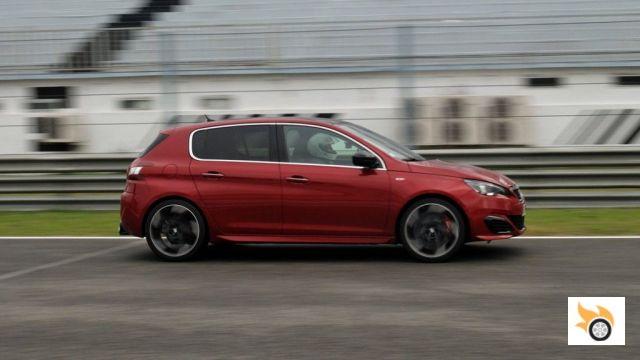
In view of these examples, and with the experience I have gained from the kilometres I have spent behind the wheel, I have come to the conclusion that in all the erroneous or unwise actions we Spaniards take on the road there is a dangerous combination of ignorance of the current regulations and a lack of education or respect for other road users, especially when we know that approximately 90% of accidents can be attributed to the human factor.
Lack of education and/or lack of respect towards other road users is not measurable except in very extreme cases. However, ignorance of the general rules for drivers can lead us to commit driving offences which, in very serious cases, can even lead to criminal charges.
In this sense, I believe that the first step should be taken by the Directorate General of Traffic, adapting both the content of the regulations and the vocabulary used to the real world in which we live. And from here I strongly complain about the convolutedness of some issues.
For example, on page 648 of the traffic and road safety code, in its edition updated to 26 April 2016, there is a table from which I have extracted this:
| Type of Light | Number | Color | Situation | Mandatory or not |
| Direction indicator lamps | An even number greater than two | AUTO YELLOW | Outside and side edges | Mandatory |
All of us who have a driving licence know what the direction indicator lights are and what the colour yellow auto is, but even so I think it would be much more understandable to indicate that the "indicators" should be "orange".
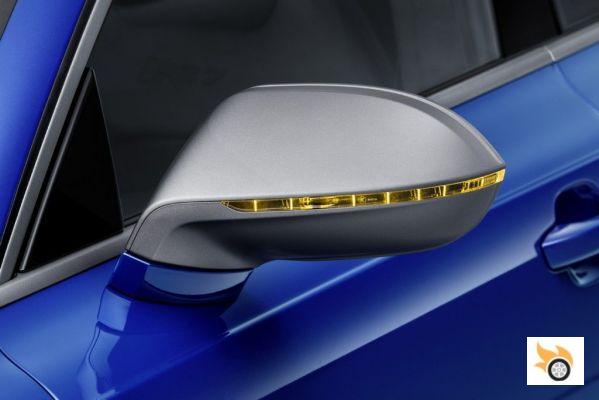
Once we have obtained our driving licence, I think it is very interesting for drivers to be aware of possible changes in the current regulations. In the past, the Directorate General of Traffic used to send leaflets to drivers when there was an important change in the general regulations for drivers. Nowadays the only communications we have are fines.
Recapping to make a brief summary, up to this point I have talked about the bad education of some drivers, about a regulation that more than reading it you have to decipher it (as well as some questions of the theoretical tests) and about the non-existent communication of the General Directorate of Traffic with drivers, which lately is reduced to their participation in different social networks.
I don't know if I should apologise in advance, but please don't be offended if I say that with these ingredients the only thing we are getting is that traffic accidents take hundreds of human lives every year and leave lifelong physical and psychological sequelae to others.
In this context, it is clear that, without denying the effectiveness of radars, traffic officers or the points card, something is going wrong in Spain. It is true that in 2015 we reached the lowest number of fatalities in road accidents since records began in 1960, but we remain at a similar level to the United Kingdom, which has sixty million inhabitants, many fewer kilometres of high-capacity roads than Spain and a vehicle fleet that exceeds ours by approximately ten million vehicles.
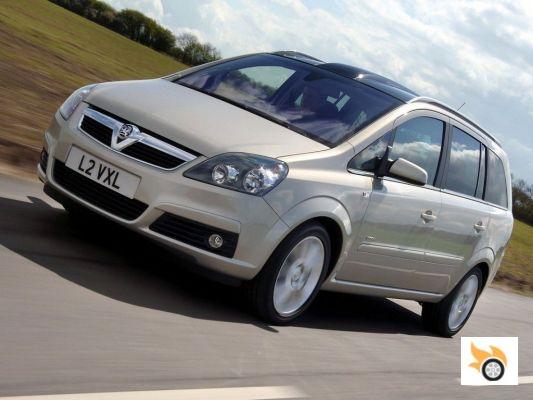
And if a revalidation were to be imposed?
I assume it would be an unpopular measure and I dare say that even among those who would value it as useful. Do we not update our mobile or tablet? Do we not pay attention to the latest technology? Why not update some knowledge whose correct application is vital to maintain our physical integrity on our journeys?
I am not calling for a police state around the driver, far from it. I am simply proposing a method to minimize not only the number of victims but also the number of road incidents that happen every day in Spain.
Starting from the fact that in order for a person's driving licence to be withdrawn in our country, he or she must have committed a very serious carelessness, I consider it interesting that a more complete method of renewing a driving licence than the current medical examination and its strange double command test should be introduced, even if only as a pilot test. Re-examination of driving licences could be a good idea.
Logically, in the current economic climate, I am aware that having to go through the whole theory test process again would unbalance the monthly budget of thousands of families, in addition to the time required. Furthermore, I do not think that the Spanish policy on road safety, which is aimed at constantly victimising the long-suffering drivers and their pockets, is adequate either.
For this type of re-evaluation of the knowledge that we Spaniards have of the theoretical part of what we were examined for in its day, I propose two types of drivers:
- Professionals (taxi drivers, bus or lorry drivers, delivery drivers...).
- Repeat offenders
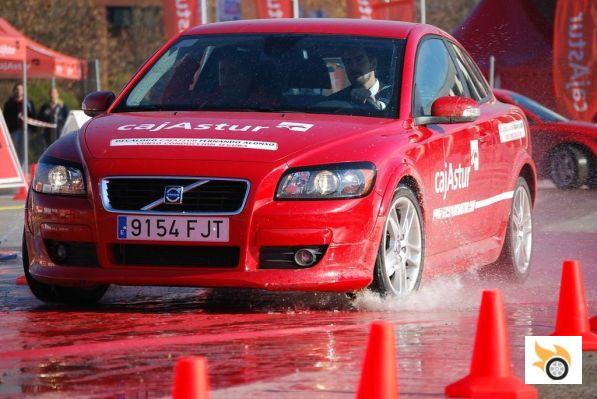
Regarding the need to assess the knowledge of professional drivers, I don't think anyone will object (except for themselves). These professionals spend many hours behind the wheel and are more exposed than anyone else both to acquire driving vices and to suffer an accident. Nor should we forget that taxi or bus drivers must take responsibility for their passengers. Moreover, the way in which these professional groups drive, especially on urban roads, is repeatedly the subject of controversy with other drivers.
As far as private repeat offenders are concerned, I do not think I have encountered any opposition either, except again from them. In this regard, we must bear in mind that those penalties that do not entail the withdrawal of points are not usually included in the driver's historical record. This means that in the eyes of the public administrations, a driver who has never been fined is as good a driver as a driver who is fined every month for driving at 145 km/h on a motorway.
Well, it is precisely this type of person that the General Directorate of Traffic should send a letter to explain to them that if they repeatedly show a lack of respect and/or knowledge of the General Regulations for Drivers, they will have to re-examine themselves within a certain period of time.
This measure is neither crazy nor unfeasible and I dare say that it would serve as a deterrent to the offender and as a reassuring measure for the rest of drivers who (still) make an effort to comply with the current regulations.
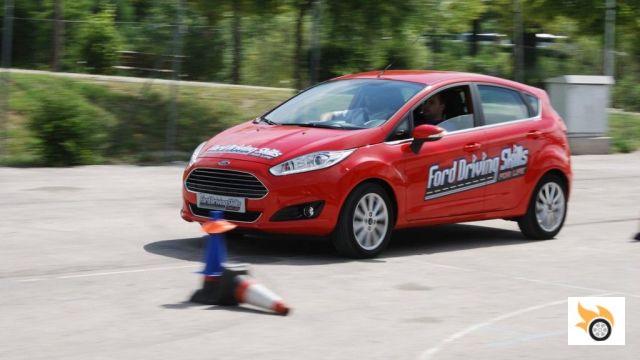
I don't want you to think that I'm some kind of vigilante ogre because I also think it's extremely important that the General Directorate of Traffic considers the need to introduce measures that reward good driving behaviour to show that it's true that they care about our safety and that "awareness" campaigns are not really "fundraising" campaigns.
Aren't our roads and our cities full of radars and cameras? Why not adapt these instruments to detect good drivers as well?
Psychological studies with both humans and animals have shown that rewards are more effective than punishment, so the possibility of public administrations rewarding good drivers in a tangible way should not be considered crazy. By this I mean that it would not be a bad thing at all if good drivers were given, for example, a small discount for fuel, insurance, the blue zone... In short, something that we drivers can enjoy.
As I mentioned with the subject of the revalidation for the theory of the driving license, in the case of the prizes it would be necessary to take into account somehow the number of occasions in which a responsible driver is detected against the one who does not get any record. Logically, you cannot reward in the same way the driver who drives thousands of kilometres a year and is observed by the so-called surveillance cameras to be behaving responsibly as the driver who drives very few kilometres a year and for whom there is no record whatsoever. In any case, I believe that the various loyalty programmes that large supermarkets and petrol stations have could serve as an example.
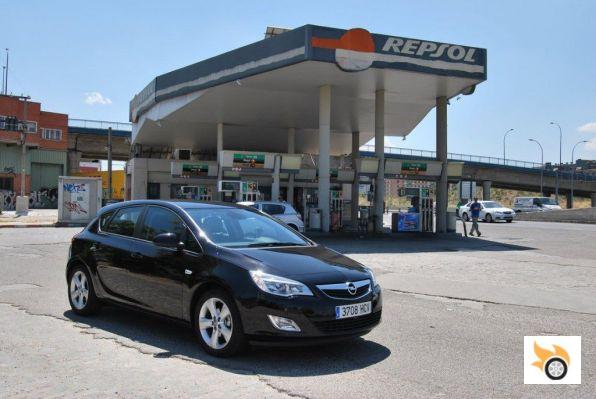
This measure, which I believe would be very well received, would represent a major expense for the State. But we must not forget either that, in the event of a road accident, the cost of a mobile advanced support unit can exceed EUR 400 per trip, more than EUR 40 per hour of work and more than EUR 1 per kilometre travelled. If the severity of the accident requires the helicopter transfer of a victim, the cost increases by about 2,000 euros per hour of activity. In addition, sometimes it is necessary to repair road elements such as traffic lights or guardrails that increase the cost generated by the accident, in addition to the human cost and the pain of losing a family member or friend, which also generates social costs (psychologists, sick leave...).
If the number of serious accidents were reduced, the aforementioned costs would be minimized, and if minor accidents were reduced, the cost of minor compensations, such as cervical sprains, would also be reduced, as well as those derived from the repair of the vehicles involved, which should be reflected in a reduction in the price of insurance policies, something that directly favors the driver.
In any case, what is set out in this article are just some proposals with a certain viability that would bring drivers and public administrations closer together and would have an impact on safer roads. However, to this day, there are still many drivers without any concern for road safety and the actions of the Directorate General of Traffic produce an effect of rejection in our society.





